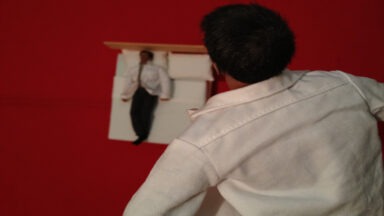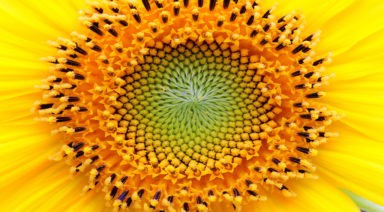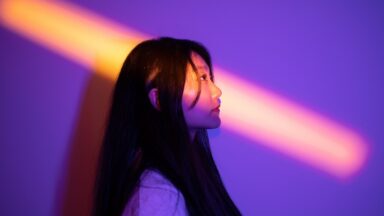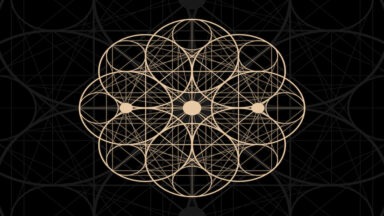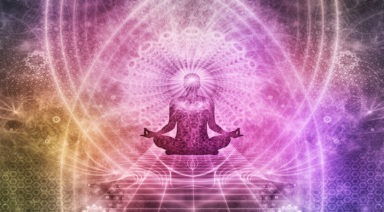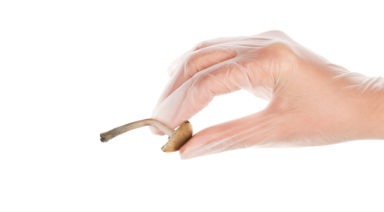Study Shows Microdosing Psilocybin Boosts Mood, Mental Health

A new study provides the most compelling evidence to date on the impressive mental health benefits of microdosing psilocybin.
While there has been an ever-increasing number of studies showing the efficacy of treatment of mental health disorders with psychedelics, there has been relatively little research on the practice of microdosing.
Microdosing, or repeatedly taking small, barely perceptible amounts of psychedelics, has been exponentially increasing in popularity, with a wide range of people reporting a multitude of improvements to their psychological wellbeing.
The latest scientific study to look at the effects of microdosing was conducted by researchers at the University of British Columbia, as well as other leaders in the fields of psychology and mycology. The study followed 953 people who used small, repeated doses of psilocybin for about 30 days, as well as a control group who did not microdose.
While the exact dosages of psylocibin that participants self-administered varied somewhat, they were all low enough to not impact daily functioning.
Over a one-month period, participants took these psylocibin microdoses three to five times per week and were asked to complete a number of assessments through a smartphone app that tracked their mental health symptoms, mood, and measures of cognition. The findings definitively showed that the microdosing participants demonstrated greater improvements in mood and mental health than those in the non-microdosing control group.
Study author Dr. Zach Walsh, told news nine, “Our findings of improved mood and reduced symptoms of depression, anxiety, and stress add to the growing conversation about the therapeutic potential of microdosing.”
In addition, as researchers were looking to assess cognitive benefits, participants used a finger tap test to measure their psychomotor ability, which is a marker for neurodegenerative disorders such as Parkinson’s Disease. The findings showed improvement in these abilities, especially in those over the age of 55.
Another fascinating component of this study was the investigation of the use of stacking — where psilocybin mushrooms are combined with other non-psychedelic substances such as lion’s mane mushrooms. The study noted that those who stacked had greater improvements than those who did not. Researchers are very enthusiastic about the results and adamant about the need for further research in the form of more rigorous placebo-controlled studies.
As Dr. Walsh stated to the Vancouver Sun, “We have an epidemic of mental health problems, with existing treatments that don’t work for everyone. We need to follow the lead of patients who are taking these initiatives to improve their well-being and reduce suffering.”
Psychedelic Experiences Neurologically Mimic Near-Death Experiences
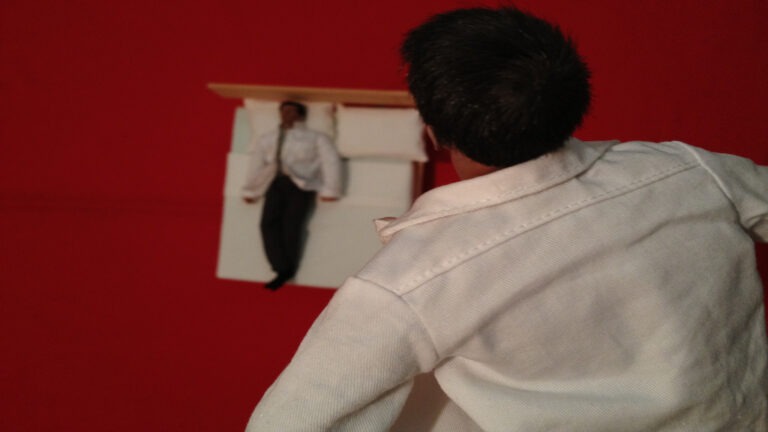
Research suggests the psychedelic trip is remarkably similar to a Near-Death Experience and has been noted for decades. Now, research into the neural activity experienced while under the influence of psychedelics, is providing valuable context for the commonalities.
Dr. Eben Alexander is a neurosurgeon who experienced an NDE in 2008 and has since been studying the phenomenon and sharing his findings in a number of bestselling books.
“This research with psychedelics has been so fascinating,” Alexander said. “Not only does it show that the brain goes dark under the influence of such substances, they actually showed this beautiful inverse correlation between the amount of turning off and dissolution of the Default-Mode Network, as demonstrated on fMRI, with a degree of liberation of consciousness away from the ego into these unfettered realms of transcendental and paranormal experience. It shows us in a very concrete fashion that the brain activity is not actually causing all of this to happen, but it’s more the brain getting out of the way.”
Researcher Dr. Rick Strassman was the first to rigorously study the overlap between the psychedelic experience and the NDE. The commonalities are quite significant.
“It’s all about entering new realms, I mean, entire immersive experiences — worlds that are different from our material realm. That is a very common theme in those drug experiences as well as in near-death experiences. There’s also this extraordinary world of beings, entities, guides, of intelligences. It’s showing this incredible unification, a sense of being, and a binding force of love through these experiences. So, there’s a commonality of lesson and transformation,” Alexander said.


